Future and Trends in Drupal in 2024
The year 2024 is projected as a period of significant transformation in web development, marked by advances in artificial intelligence (AI), Internet of Behavior (IoB), headless CMS, and more. In this context, and as a leader in content management systems, advanced CMS platforms are at the forefront of adapting to these innovations, something that CIOs and CTOs must consider when planning their technological strategies. Below, we explore how these trends are redefining web development and its practical application.
In the case of Drupal, recent updates have shown an emphasis on improving usability, accessibility, and flexibility in advanced CMS, preparing to integrate technologies such as AI and machine learning. These integrations seek to automate content management, optimize user experience through personalization, and improve SEO through predictive analytics and automated content selection.
On the other hand, integration with AI solutions such as chatbots, predictive analytics, and automated content generation is becoming a reality. This fusion is the future, allowing for revolutionizing the way websites provide personalized and efficient experiences to their users.
The merger with AI allows these systems to provide personalized and efficient experiences, transforming content creation, code suggestions, and debugging processes, making web development more intuitive and efficient. By 2024, an expansion of these capabilities is anticipated, offering even more advanced tools for content automation and personalization.
This is possible thanks to the flexible and scalable architecture of CMS like Drupal. For you, as a CIO or CTO, this means that these platforms are a solid solution that supports business expansion without compromising performance or security.
Drupal considers security as a top priority, making it a standout choice for CIOs and CTOs looking to protect their company's technological infrastructure. Drupal's adaptation to the Zero Trust architecture and its ability to comply with global data privacy regulations ensure that companies can rely on this tool to keep their data secure and comply with the legal framework.
The ability to integrate with various data sources and APIs allows CMS to leverage IoB to analyze user behavior, providing valuable insights for deep content personalization and optimizing user experience.
The move towards headless CMS and the adoption of micro frontends represent a new era in delivering more flexible and optimized content. What does this mean for you? With Drupal, adopting a headless architecture allows developers to use modern frontend technologies like React, resulting in significantly increased performance, scalability, and site security.
In 2024, mobile optimization is more crucial than ever. Advanced CMS offer full support for responsive designs and progressive web applications (PWAs), ensuring exceptional user experiences on all devices.
Looking to the future, advanced CMS are well positioned to lead the way in web development. For CIOs and CTOs, investing in platforms like Drupal represents a strategic solution to face the uncertainty of 2024 and beyond. With a focus on innovation, security, scalability, and flexibility, these systems not only meet current needs but also constantly adapt to face future challenges.





